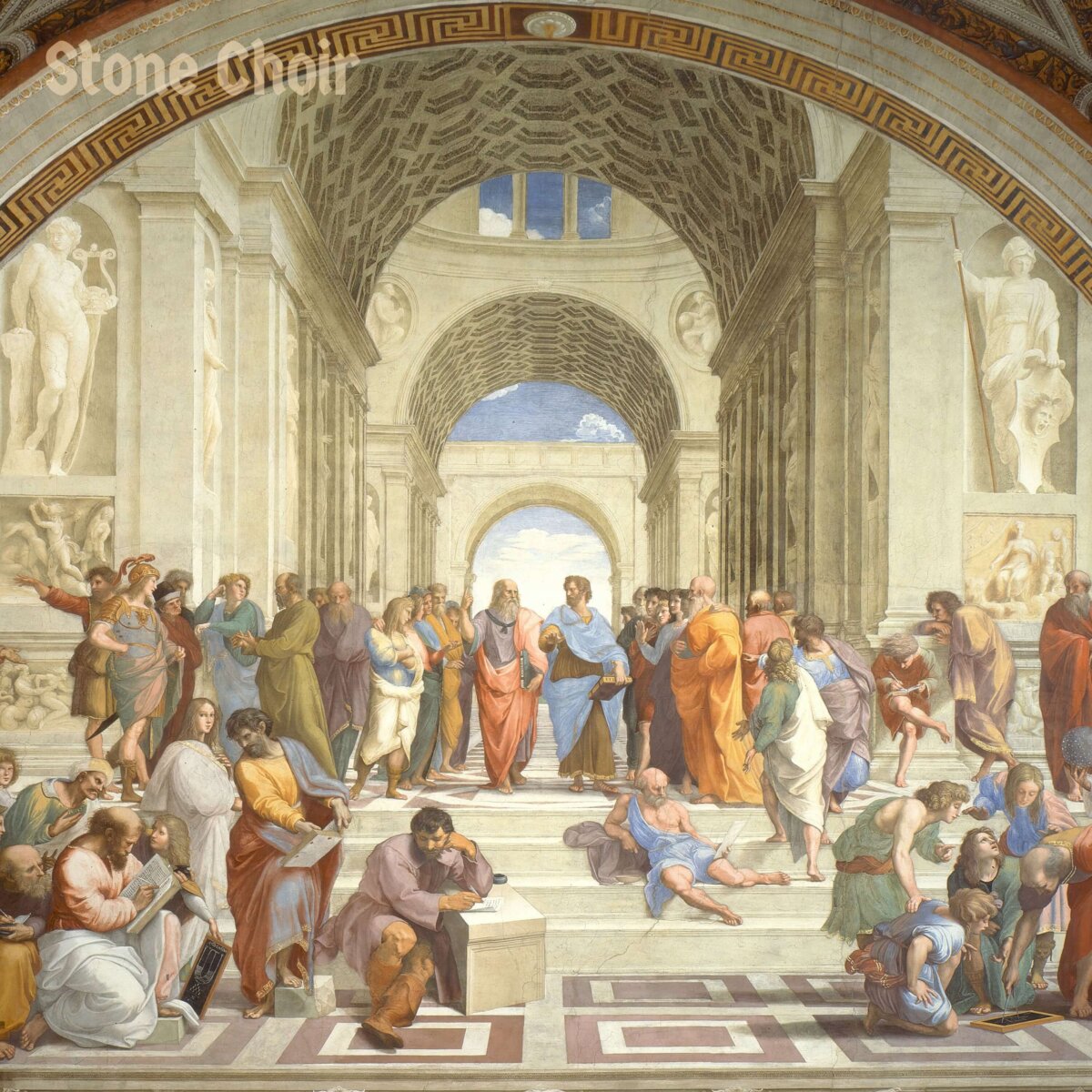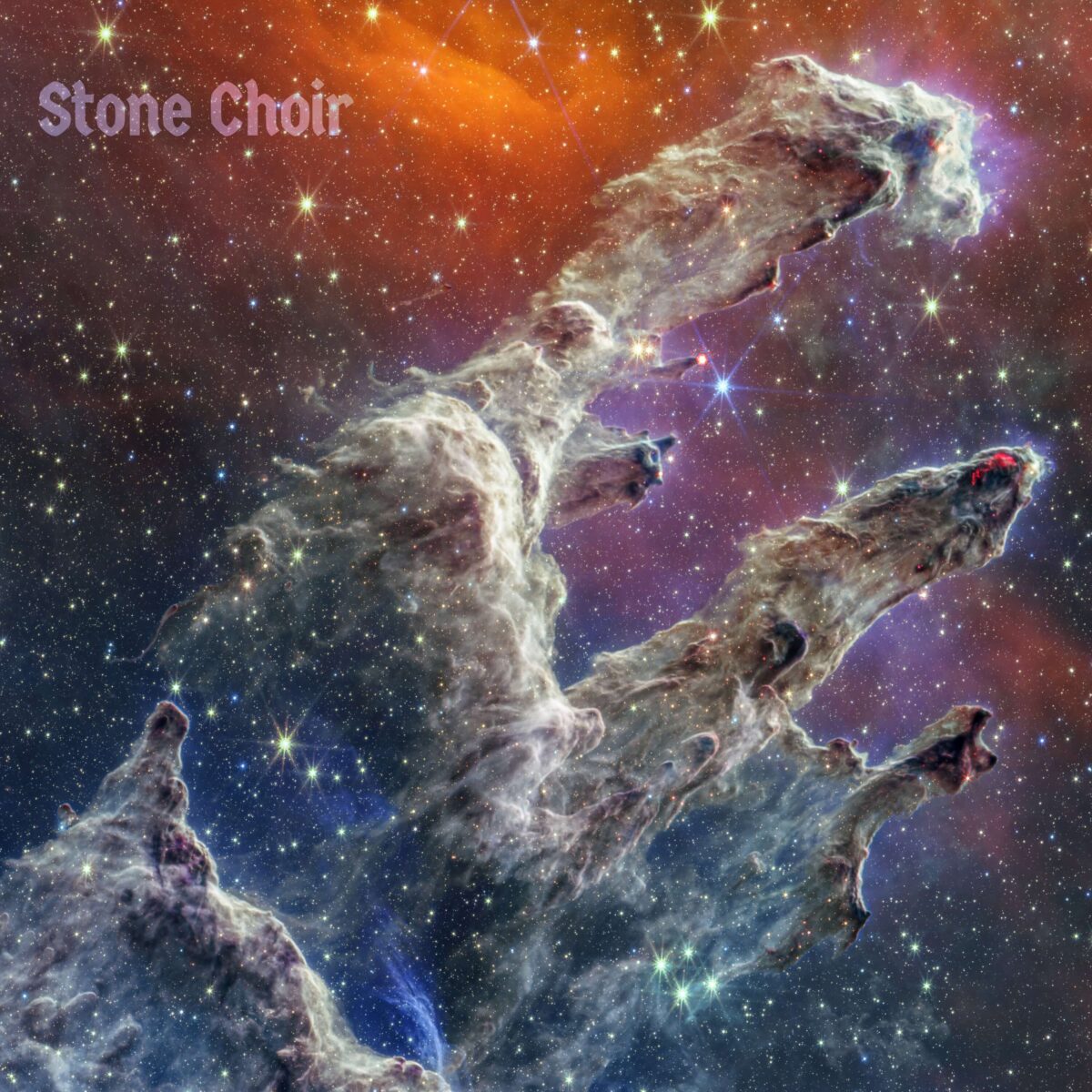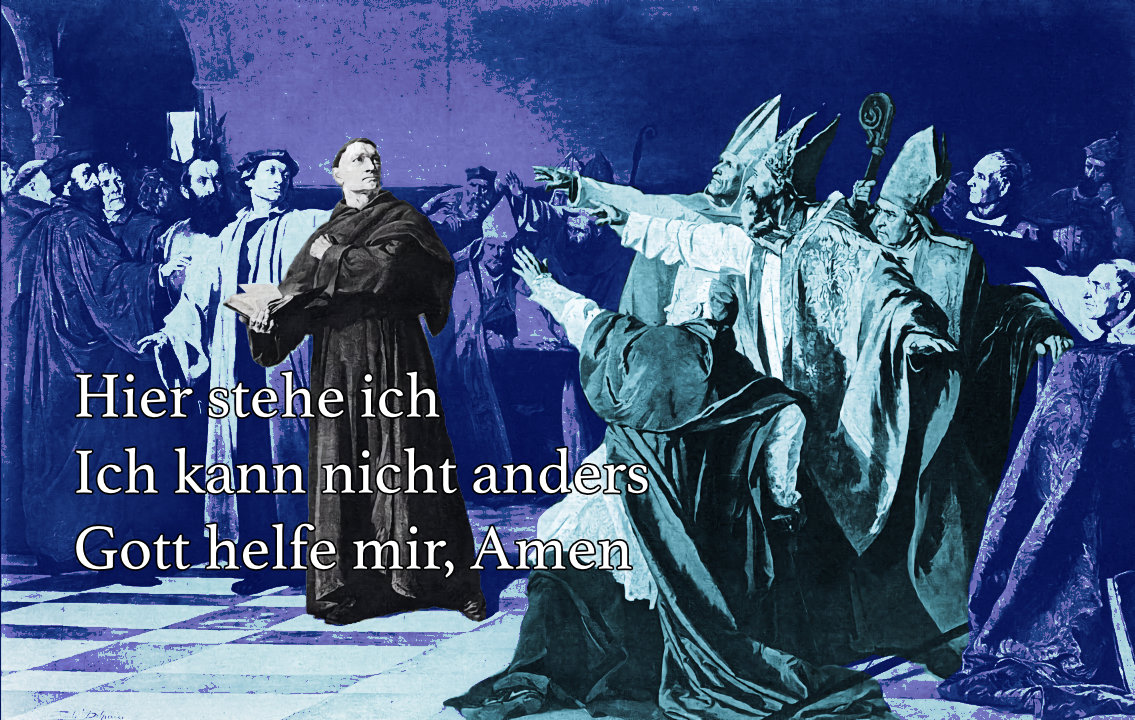Truth and Lies
Podcast: Play in new window | Download (Duration: 1:40:36 — 195.8MB) | Embed
Subscribe: Apple Podcasts | Spotify | Amazon Music | Youtube Music | More
Hosts

Corey J. Mahler
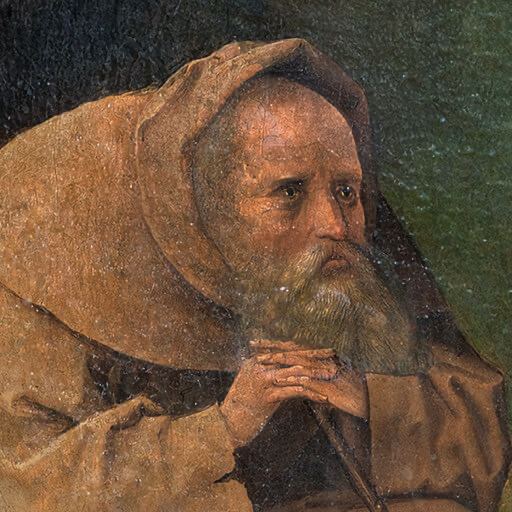
When Christ says that He is the Way, the Truth, and the Life, the word used for “truth” is ἀλήθεια, which includes within its lexical scope ‘uncovering’ or ‘revelation’ (it is a negating word, like “innocence” in English). That which covers, distorts, or perverts the truth is contrary to God, for God is Truth. As Christians, it is our duty not only to believe and speak the truth about matters written in God’s Word, but also to believe and speak the truth about matters written in God’s Creation.
When Christ stood before Pilate, Pilate asked Him: Quid est veritas? What is truth? (Veritas is the Roman goddess of truth, Aletheia the Greek.) His inquiry may very well have been in earnest, for truth was certainly a core pursuit of Ancient Greek and Ancient Roman philosophy — something with which a statesman was expected to have some familiarity. Little did Pilate know (at the time) that it was Truth Himself Who stood before him.
The modern world would seek to reduce most things to matters of opinion, and, even in those cases where an admission is made that what is at stake is truth, the modern world will often pick the lie. The Christian is not permitted to concede such territory, for God is Truth and all Truth is One. To deny the reality (i.e., the truth) of Creation is, ultimately, to deny the Creator Himself, which is blasphemy or even apostasy.
It is meritorious and dutiful to defend the truth, but we must be willing to defend all truth, not simply those that are acceptable in the eyes of society or do not come at a personal cost. The truth, like the Law, is absolute — cursed is the man who does not keep it whole and undefiled.
Show Notes
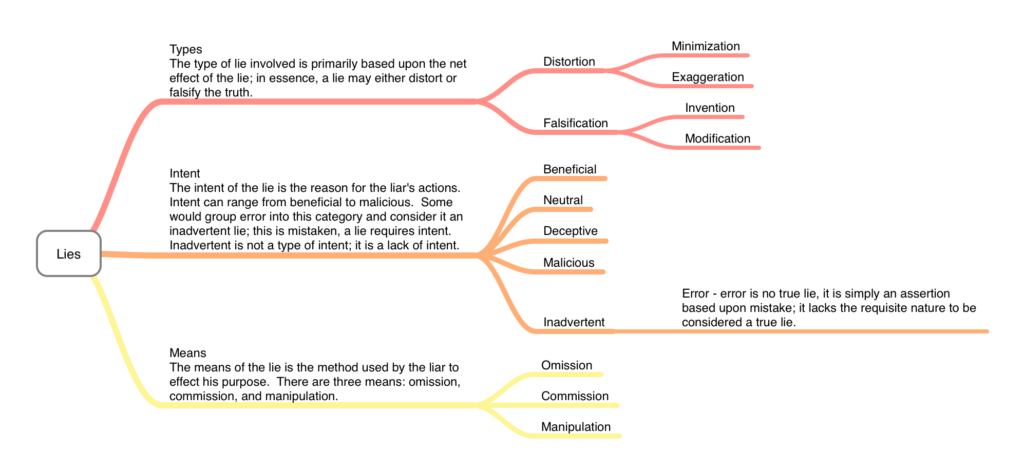
See Also
Further Reading
Parental Warnings
None.
Current Sponsor(s)
Coming soon?
Support the Podcast
Comments?
Join the discussion on Telegram, visit the feedback form or comment below.
